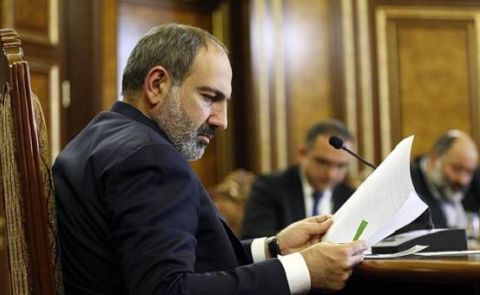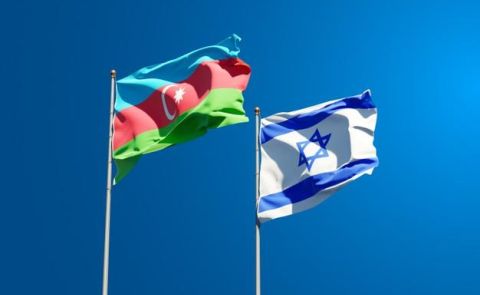
Armenian government closes educational institutions; Georgian state institutions to work in remote mode amid Coronavirus pandemic

On 12 March, following the official declaration of the World Health Organization (WHO) of a “pandemic” and still reporting a rise of cases infected with the coronavirus, the Armenian and Georgian governments continued enhancing the measures to combat the spread of the virus.
Armenia
The Armenian Prime Minister Nikol Pashinyan declared that schools, kindergartens and universities will be closed from 13 March, following the reports of two new coronavirus cases in his country, bringing the current tally up to 6.
Pashinyan also signed decrees canceling a number of foreign visits of Armenian state officials. According to the government’s press service, the visit of justice minister Rustam Badasyan to France, the visit of deputy health minister Lena Nanushyan to Denmark and the visit of an Armenian delegation to the USA were all cancelled.
To further prevent the spread of the virus, Armenia’s Central Bank adopted a decision to gradually replace the old used banknotes with the new, unused ones. At the same time, the Central Bank urged the Armenian citizens to more use non-cash payment methods and online banking services instead.
The Armenia airline suspended most of its flights until 16 April, which led to a massive return of tickets, the Deputy CEO of the company Gevorg Khachatryan said in a Facebook posting.
Georgia
A part of the staff of the ministries and other state agencies in Georgia are temporarily working remotly. Private organizations have also been recommended to do the same. There was one new case recorded in the country in the past 24 hours, bringing the tally to 25.
The Georgian President Salome Zourabichvili called on Georgian citizens to not panic and delivered an update on the measures taken so far. She underlined that international visits have been halted and numerous gatherings have been canceled at the presidential palace.
The Georgian commercial banks, particularly the TBC Bank, Bank of Georgia and Liberty Bank issued statements, saying that they would accept postponed payment on loans for three months in order to combat the spread of the virus.
Popular Tbilisi clubs Bassiani, Mtkvarze and Khidi, announced their decision to cancel all March events on their calendars as a measure aimed at reducing the threat of spreading the virus.
The country recorded also a small social unrest, as three individuals, one in Kutaisi, one in Batumi and one in Marneuli were placed under quarantine for violating self-isolation rules to prevent the further spread of the virus.
See Also


Pashinyan Commemorates First Republic Day, Highlights Progress in Sovereignty and Peace Efforts

Israeli Ambassador to Armenia Acknowledges Challenges but Optimistic About Future Armenian-Israeli Cooperation

EU Plans Closer Cooperation with Azerbaijan, Georgia, Türkiye, and Other Black Sea States

Azerbaijan, Türkiye, and Pakistan Highlight Growing Strategic Cooperation at Lachin Summit

